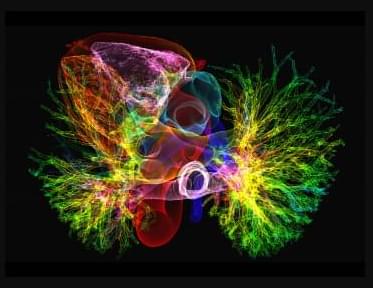Researchers at Lund University have designed a new bioink which allows small human-sized airways to be 3D-bioprinted with the help of patient cells for the first time. The 3D-printed constructs are biocompatible and support new blood vessel growth into the transplanted material. This is an important first step towards 3D-printing organs.
Therefore, researchers are looking at ways to increase the amount of lungs available for transplantation. One approach is fabricating lungs in the lab by combining cells with a bioengineered scaffold.
